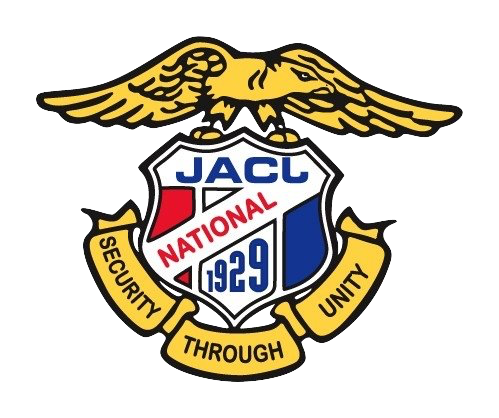
Monterey Workshop Speakers
-

Jerry Takigawa
Jerry Takigawa’s work has been exhibited nationally and internationally in museums, galleries, and alternative spaces. He has been the recipient of a variety of photographic honors and awards including the Imogen Cunningham Award; nominated for the Santa Fe Prize; twice nominated for the Prix Pictet; Critical Mass Top 50; the Clarence John Laughlin Award; Lens Culture, Fine Art Photography Awards Finalist; NY Center for Photographic Art, Humans, First Place; CENTER Awards, Curator’s Choice, First Place; the Rhonda Wilson Award; and Foto Forum Santa Fe’s Annual Photo Award. Takigawa studied photography with Don Worth at San Francisco State University and received a BFA with an emphasis in painting. His work is in the permanent collections of the Museum of Fine Arts, Boston; San Francisco Museum of Modern Art; Brooklyn Museum; Crocker Art Museum, Sacramento CA; Santa Barbara Museum of Art, Monterey Museum of Art, the Japanese American Museum of Oregon, and the Library of Congress. His monograph, Balancing Cultures, was published by Dayo Press in 2021. Takigawa was born in Chicago, Illinois. He lives and works in Carmel Valley, California.
-

David T. Yamada
David Yamada. b. 1937, Riverside, CA. The family resided in Pasadena, CA prior to forced removal to Gila, AZ concentration camp during WWII. The Family opted for early leave from camp in late 1943 to move to Seabrook, NJ, a government approved work location. In 1946, my family moved to Santa Barbara, CA where I completed my public education, grades 4-12.
Attended UC Berkeley for BA and MA; completed Ph.D. in political science at UCSB. Teaching/work experience: Hancock College; Fulbright visiting professor, Hiroshima University, Japan; adjunct at MIIS and CSUMB; Monterey Peninsula College, Political Science Department Chair; emeritus; Senior Policy Coordinator at Panetta Institute for Public Policy. Current Monterey resident with Katherine; two children, Justin (b. 1973) and Jena (b. 1976).
-

Larry Oda
Larry Oda, a third-generation Monterey resident, is the current National JACL President, Chair Emeritus of the National Japanese American Memorial Foundation, and former Monterey chapter president, In 2022, he was awarded the Foreign Ministers Award by the government of Japan for his efforts in fostering bilateral relations between the United States and Japan. Larry’s grandfather was the owner of the Seapride Cannery on Monterey’s Cannery Row. He retired as maintenance superintendent for the City of Salinas, CA. Larry is the author of Seapride Canning Company and the Oda Family History.
More about Enduring Democracy: The Monterey Petition
A group of women activists combat Asian hate crimes and resist racism in war-torn 1940s California. Recently in a dusty filing cabinet in Monterey, California a local historian made the amazing discovery of a 16mm film from 1938 showing the local Japanese American Community having fun at the wharf and playing baseball. Along with this remarkable never-before-seen film of a community about to be destroyed was a trove of signed petitions demanding the restoration of civil rights to those same Americans. As historian Tim Thomas dug deeper into the origins of both the film and the petition drive he discovered a story that stands as a lesson for all Americans interested in preserving our democracy. At a time when the fear of WWII gripped our nation, kitchen table conversations led to a door-to-door petition drive motivating citizens of the Monterey peninsula to resist economically motivated racism and welcome back fellow citizens held in concentration camps for 3+ years solely due to their Japanese ancestry. Toni Jackson-who worked as an editor for John Steinbeck and was Ed Ricketts' common-law wife-wrote the petition, A Democratic Way of Life for All, in 1945. It stands as the only organized public resistance to the well-funded hate campaign waged against Japanese-Americans as they began the painful return home to suspicious communities. "Enduring Democracy: the Monterey Petitions" explores the motivations of the wealthy individuals who financed hate campaigns as well as the daring women who spearheaded the carefully thought-out response. A twitter war before mobile phones, the battle was fought in the editorial pages of several local newspapers as racists emboldened by Anti-Japanese war propaganda posted full-page ads to discourage Japanese Americans from returning to their homes and businesses. Inspired by Mollie Sumida's letter to the editor written while imprisoned in camp and impervious to threats of violence, residents banded together to get their community to sign Toni Jackson's petition pledging "The Democratic Way of Life for All." The petition drive and subsequent posting in The Monterey Herald effectively put a stop to the public efforts of several well-funded fear campaigns against California Japanese American Citizens.
